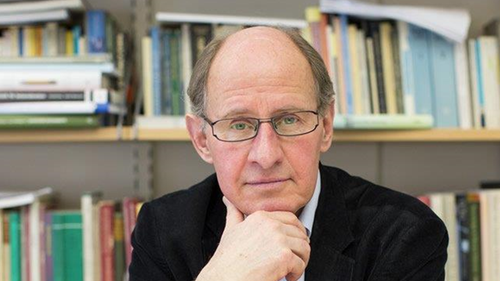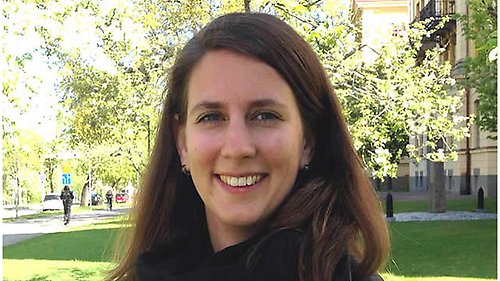Screen4Care

Rare disease patients wait an average of 8 years for a diagnosis. Screen4Care works to shorten this period, using newborn genetic screening and new digital technology.
Time and funding
- Period: 2021-01-10 – 2026-06-09
- Budget: 291,961,724 SEK
- Funder: IMI Innovative Medicines Initiative 2 Joint Undertaking (JU) under grant agreement No. 101007757.
- Type of funding: Projektbidrag
Shortening the diagnosis journey for people living with rare diseases
People living with rare diseases often find themselves on a burdensome diagnosis journey, enduring on average eight years of inconclusive consultations and possible misdiagnoses, leading to ineffective treatments and inefficient healthcare resource utilisation.
Screen4Care offers an innovative research approach to accelerate rare disease diagnosis, which is based on two central pillars: genetic newborn screening and digital technologies.
Uppsala University's Centre for Research Ethics & Bioethics contributes to the project by examining the preferences of parents involved in newborn screening and phenotype screening and examine the effects and impact of screening in terms of empowering patients and parents.
People in the project
Åsa Grauman
Researches how individuals perceive health risks and how we are affected by risk information, including through preference studies, with a focus on breast cancer, bowel cancer, precision medicine, and screening for rare diseases.

Mats Hansson
Senior professor in biomedical ethics with expertise in clinical issues, genetics and biobanks. Research focus on drug safety during pregnancy and breastfeeding, and genetic screening.

Sylvia Martin
Research focus on newborn screening and Multiple Sclerosis. Expertise in cognitive emotional behavioral therapy, personality disorders treatment, impulsivity and consciousness.
%20SylviaMartin-photoby-JosepineFernow.PNG)
Jorien Veldwijk
Associated researcher & Assistant professor at Erasmus School of Health Policy & Management. Expert on Discrete Choice Experiments.

